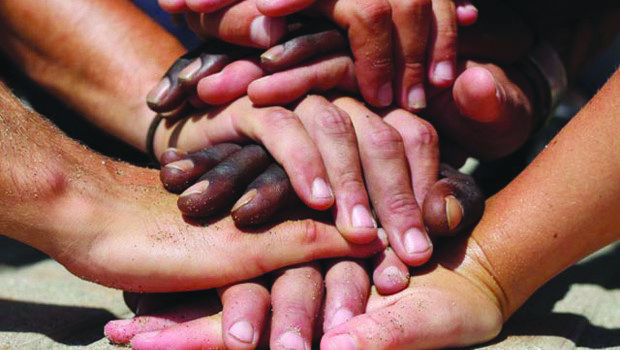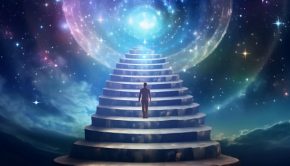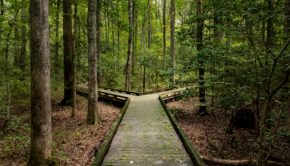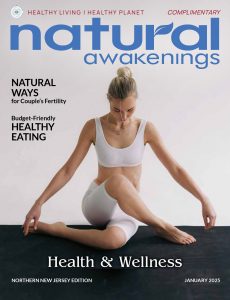We Are All in This Together
by Susan Bischak
Indigenous cultures have always revered the natural world they so intimately interact with. They have always learned to adapt to changing seasons and cycles of the planet and to live cooperatively with nature.
Albert Einstein said, “A human being is a part of the whole called by us the universe, a part limited in time and space.” Einstein understood that the majority of people think of themselves as separate from the universe, separate from the whole of humanity, separate from nature and separate from a sense of connection to our creator. With growing social and environmental pressures created by an increasing world population, how can we hold it all together? What’s the glue?
Charles Darwin got us all to thinking that survival is only for the fittest among us; the few. Unfortunately, he led us astray. The true reality is that it is cooperation among species that provides the balance needed to sustain life. If a lion approaches a herd of gazelle on the African plains, he looks for the weakest among them, yes. The weakest is the one culled for the lion’s meal, but what about all the rest? They survive, along with the strongest among them. So rethink this. The herd survived, including the fittest among them, except for a few of the weakest members that may have been old and sick. The majority survived, acting as a group, not separate from one another. Their sheer numbers allowed for safety. They acted cooperatively, not separately.
We can rethink things on the cellular level. We were taught that the nucleus of a cell is the brain of the cell. In reality, it is the membrane that calls the shots. The membrane has proteins that communicate within the cell. The membrane proteins alert the nucleus, and the nucleus then directs how the cell should react, according to the information from those proteins on the surface. All parts of the cell cooperate to insure survival.
According to the book, Spontaneous Evolution, by Bruce Lipton. Ph.D., and Steve Bhaerman, “The human population is awakening with a rapidly growing awareness that the key to a happy, healthy life in a thriving Garden requires us to recognize that we are each and all cells in the body of humanity, that we are conscious and conscientious caretakers and cultivators.”
Indigenous cultures have always revered the natural world they so intimately interact with. They have always learned to adapt to changing seasons and cycles of the planet and to live cooperatively with nature. In stark contrast, our Western culture is all about controlling and manipulating the world around us. With an obvious lack of common sense, we Westerners, especially Americans, are so materially focused that we don’t keep our use of natural resources in check. Corporations without a moral compass continue to defile the Earth with greater profit as their soulless goal. This is the total opposite of Native American wisdom that each decision should be regarded as to its impact on the next seven generations to come.
A customer at an office supply store relates their experience. “I bought a ream of paper, and the young lady at the checkout casually threw the paper into a new plastic bag. I took my paper out of the new bag and put it where she could use it again. However, reflexively, she threw it away. Dismayed, I asked her why and she smiled and said she had plenty of new bags.”
The clerk completely missed the point. There is a big lack of awareness of the impact of these decisions on a grand scale, every day around the world. That water going down the drain is our water. Those plastic bags in the landfills are despoiling our land. We need to consider our actions as they relate to others and not just ourselves. We are connected to our land and each other.
We are becoming more and more unglued by the very fact that our society rewards competitiveness while giving lip service to cooperation. Society needs to recognize that a reality check is needed if we are to survive. We need to start making decisions that are good for the majority, not the few that manipulate politicians for short-sighted corporate goals. We, the people, need to think as a group, making decisions across all socioeconomic groups with a focus on what is best for the majority of us. We should get into the habit of thinking more as we and us and not just me and my.
Susan Bischak, CNC, CCT, practices at Vista Natural Wellness Center, in Oakland, NJContact her at NaturalHarmony@optonline.net or NaturalHarmonyInfo.com.




























